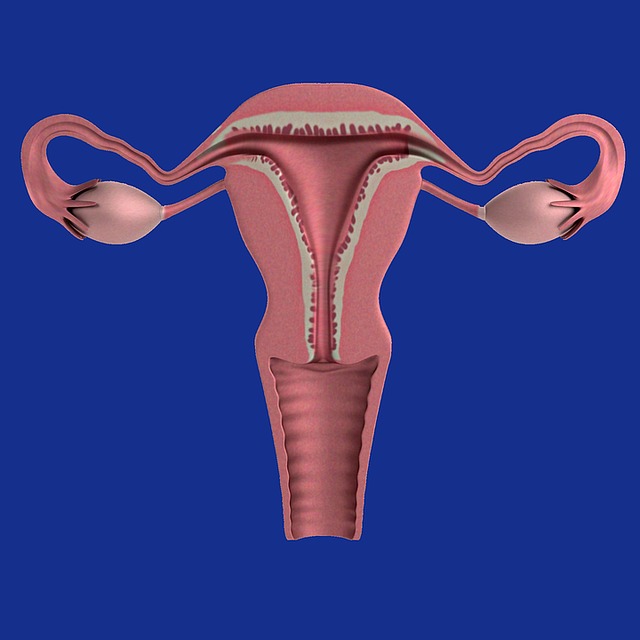Introduction
Allergies and infertility, two seemingly unrelated health concerns, have recently become subjects of interest as researchers uncover potential connections between these conditions. While allergies are commonly associated with immune system responses to external substances, infertility poses challenges for couples striving to conceive. This article explores the complex interplay between allergies and infertility, shedding light on how immune responses and inflammatory processes may impact reproductive health.
Understanding Allergies
Allergies are hypersensitive immune responses to substances known as allergens, which can range from pollen and pet dander to certain foods and medications. When the immune system identifies these substances as threats, it triggers an inflammatory reaction, leading to symptoms such as sneezing, itching, and respiratory distress. The prevalence of allergies has been on the rise globally, raising questions about potential links to other health conditions.
Immune System Crosstalk
The immune system, responsible for defending the body against foreign invaders, plays a crucial role in both allergic reactions and fertility. Recent studies suggest that the intricate crosstalk between the immune system and reproductive organs may influence fertility outcomes. Understanding how immune responses, including allergies, impact the delicate balance required for successful conception is a key aspect of unraveling this complex relationship.
Inflammatory Processes and Fertility
Inflammation, a hallmark of allergic responses, has been linked to infertility in both men and women. Chronic inflammation may disrupt the normal functioning of reproductive organs, affecting ovulation, sperm quality, and the implantation of embryos. Investigating the role of inflammatory processes in infertility sheds light on potential therapeutic targets to improve reproductive outcomes.
Impact of Allergies on Reproductive Hormones
Allergies, particularly chronic conditions, may influence reproductive hormones, disrupting the finely tuned hormonal balance necessary for fertility. Research suggests that allergic inflammation may contribute to hormonal imbalances in women, affecting the menstrual cycle and ovulation. Understanding how allergies impact reproductive hormones provides insights into potential mechanisms contributing to infertility.
Treatment Challenges for Allergy-Prone Individuals
For individuals struggling with allergies and infertility, treatment can pose challenges. Some allergy medications may have unintended effects on fertility, requiring careful consideration and consultation with healthcare professionals. Balancing the management of allergies while optimizing fertility treatments raises important questions about personalized healthcare approaches for individuals with dual health concerns.
Lifestyle Modifications and Holistic Approaches
Exploring lifestyle modifications and holistic approaches becomes crucial for individuals seeking to manage both allergies and infertility. Dietary changes, stress management, and alternative therapies may offer potential benefits by addressing underlying factors contributing to both conditions. Examining the synergies between lifestyle choices and their impact on allergies and fertility opens avenues for comprehensive care.
Conclusion:
In conclusion, the intricate relationship between allergies and infertility unveils a compelling area of research at the intersection of immunology and reproductive health. Understanding how immune responses, inflammatory processes, and hormonal balances influence fertility provides a holistic perspective for individuals and couples navigating these challenges. As research continues to unravel the complexities of this relationship, personalized approaches to managing both allergies and infertility may offer new hope and improved outcomes for those on the journey to parenthood.




